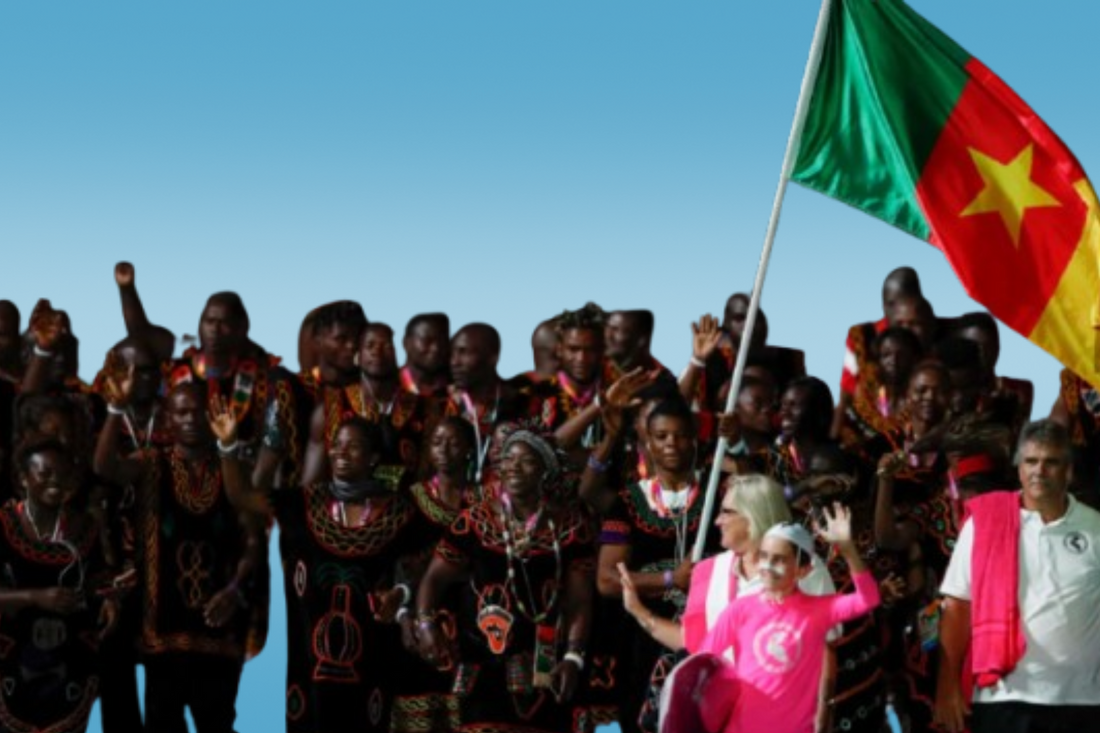
The Cameroon Olympic Disappearance: Unraveling the Unsettling Mystery
By Jayson Panganiban July 29, 2024 06:00
During the 2012 London Olympic Games, a serious incident threatened to dampen the international sporting spirit amid the excitement and fanfare of everything happening. Seven athletes from Cameroon have gone missing while residing within the Olympic Village, leaving their team officials baffled and drawing ridicule as well as sympathy around the globe.
The disappearance was unraveled on August 6, when David Ojong, head of the Cameroon delegation in London, sent a message to the country's Ministry of Sports and Physical Education back home, notifying officials that Gaitan had left his accommodations at dawn on June 12 without their knowledge. Ojong said five boxers, a swimmer, and a female football player had disappeared into thin air with the intention of absconding for greener pastures in Europe.
Disappearance Statistics Over Time
First to vanish was Drusilla Ngako, a stand-in goalkeeper with the Cameroonian women's soccer team. She was last seen by her colleagues who headed to Coventry for a final pre-Olympic match against New Zealand. A couple of days later, swimmer Paul Ekane Edingue disappeared, along with his belongings.
The biggest departure came on August 5 when five dismissed boxers, Thomas Essomba, Christian Donfack Adjoufack Abdon Mewoli, Blaise Yepmou Mendouo, and Serge Ambomo, vanished from the Olympic Village.
Motive and Consequences
It's still unclear why the athletes were missing in action, although there are numerous theories about what happened. The most common explanation is that athletes from Cameroon were looking for a way to escape their country and gain access to better living conditions on the continent than what awaited them back home.
Cameroonian economist Flaubert Mbiekop gives a telling response to the situation: "You just get fed up with what's happening in Cameroon and look at how hard it is for people, even those who are doing exceptional sport here because, to my surprise, they receive support from anywhere! London was a chance; I have no qualms about them chasing it."
The vanishing of the Cameroonian competitors has been a substantial embarrassment to those youngsters and, in addition, to Cameroon's notoriety at an international level. Some have accused the athletes of abandoning their national team, which they profit from and want to see in action, whilst others offer words of sympathy for their situation, which revolves around very difficult circumstances at home.
A Troubling Pattern
The missing Cameroon Olympic team is just the latest case in point. The incident is the latest in a series of Cameroonian athletes disappearing during international games, including the Francophonie Games, Commonwealth Games, and junior soccer tournaments.
In the weeks before London 2012, Ethiopian torchbearer Natnael Yemane disappeared from a hotel in Nottingham, probably one for Adult Swim, aged just 15. The same year, three Sudanese athletes who had hoped to compete in the London Olympics disappeared amid reports that they would claim political asylum.
The International Response
The missing Cameroon athletes have sparked global attention, and the International Olympic Committee (IOC) and British authorities are monitoring their situation. However, the IOC said it was unaware of any missing athletes, with spokesman Mark Adams saying, "We are unaware of it." The British Home Office, which handles immigration matters, would not comment on whether any of the missing athletes had asked for asylum in Britain.
The world of sports was shaken to its core in 2012 when a group of Cameroonian athletes, one after another, went missing from the Village during the Olympics. The incident also underscores the difficult social, economic, and political conditions often faced by athletes from less developed countries who may view staying in Europe as a chance to improve their lives.
The international community needs to push the reset button to solve this puzzling dilemma that has gripped the world and carve out some serious time together to develop solutions for stemming whatever tides motivate athletes to think along these lines. By identifying the root causes and helping out athletes from vulnerable situations, the global sports community can strive to become a fairer ecosystem for all its contestants.


































































